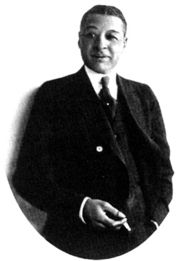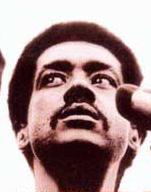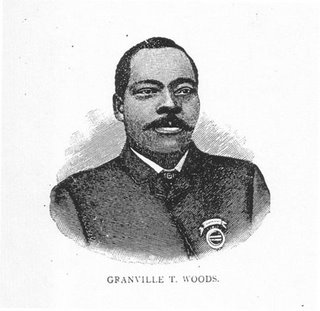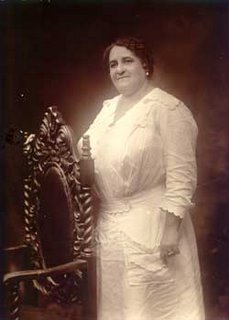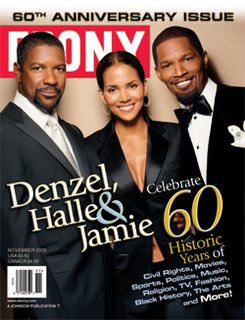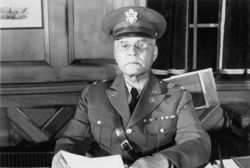Racism Research
CNN's published research
(CNN) -- Most Americans, white and black, see racism as a lingering problem in the United States, and many say they know people who are racist, according to a new poll.
But few Americans of either race -- just one out of eight -- consider themselves racist.
And experts say racism has evolved from the days of Jim Crow to the point that people may not even recognize it in themselves. (Watch people in a Texas town where blacks are still afraid to stop )
A poll conducted last week by Opinion Research Corp. for CNN indicates that whites and blacks disagree on how serious a problem racial bias is in the United States.
Almost half of black respondents to the poll -- 49 percent -- said racism is a "very serious" problem, while 18 percent of whites shared that view. Forty-eight percent of whites and 35 percent of blacks chose the description "somewhat serious."
Asked if they know someone they consider racist, 43 percent of whites and 48 percent of blacks said yes.
But just 13 percent of whites and 12 percent of blacks consider themselves racially biased.
Professor Jack Dovidio of the University of Connecticut, who has researched racism for more than 30 years, estimates up to 80 percent of white Americans have racist feelings they may not even recognize.
"We've reached a point that racism is like a virus that has mutated into a new form that we don't recognize," Dovidio said.
He added that 21st-century racism is different from that of the past.
"Contemporary racism is not conscious, and it is not accompanied by dislike, so it gets expressed in indirect, subtle ways," he said.
That "stealth" discrimination reveals itself in many different situations.
A three-year undercover investigation by the National Fair Housing Alliance found that real estate agents steered whites away from integrated neighborhoods and steered blacks in to predominantly black neighborhoods.
Racism also can be a factor in getting a job.
Candidates named Emily O'Brien or Neil McCarthy were much more likely to get calls back from potential employers than applicants named Tamika Williams and Jamal Jackson, even though they had the same credentials, according to a study by the University of Chicago.
Racial bias may even determine whether you can flag a cab.
New York Times writer Calvin Sims wrote a recent article about all the cabdrivers that refused to stop for him.
"If a cab passes you by, obviously it is frustrating, it's degrading and it's just really confusing, because this is akin to being in the South and being refused service at a lunch counter, which is what happened in the 60s and 70s," he said.
Victimized
The Opinion Research poll shows that blacks and whites disagree on how each race feels about the other.
Asked how many whites dislike blacks, 40 percent of black respondents said "all" or "many." Twenty-six percent of whites chose one of those replies.
On the question of how many blacks dislike whites, 33 percent of blacks said "all" or "many," while 38 percent of whites agreed -- a wash because of the poll's 5 percent margin of error.
About half of black respondents said they had been a victim of discrimination because of their race. A little more than a quarter of whites said they had been victims of racial discrimination.
The poll was based on phone interviews conducted December 5 through Thursday with 1,207 Americans, including 328 blacks and 703 non-Hispanic whites.
